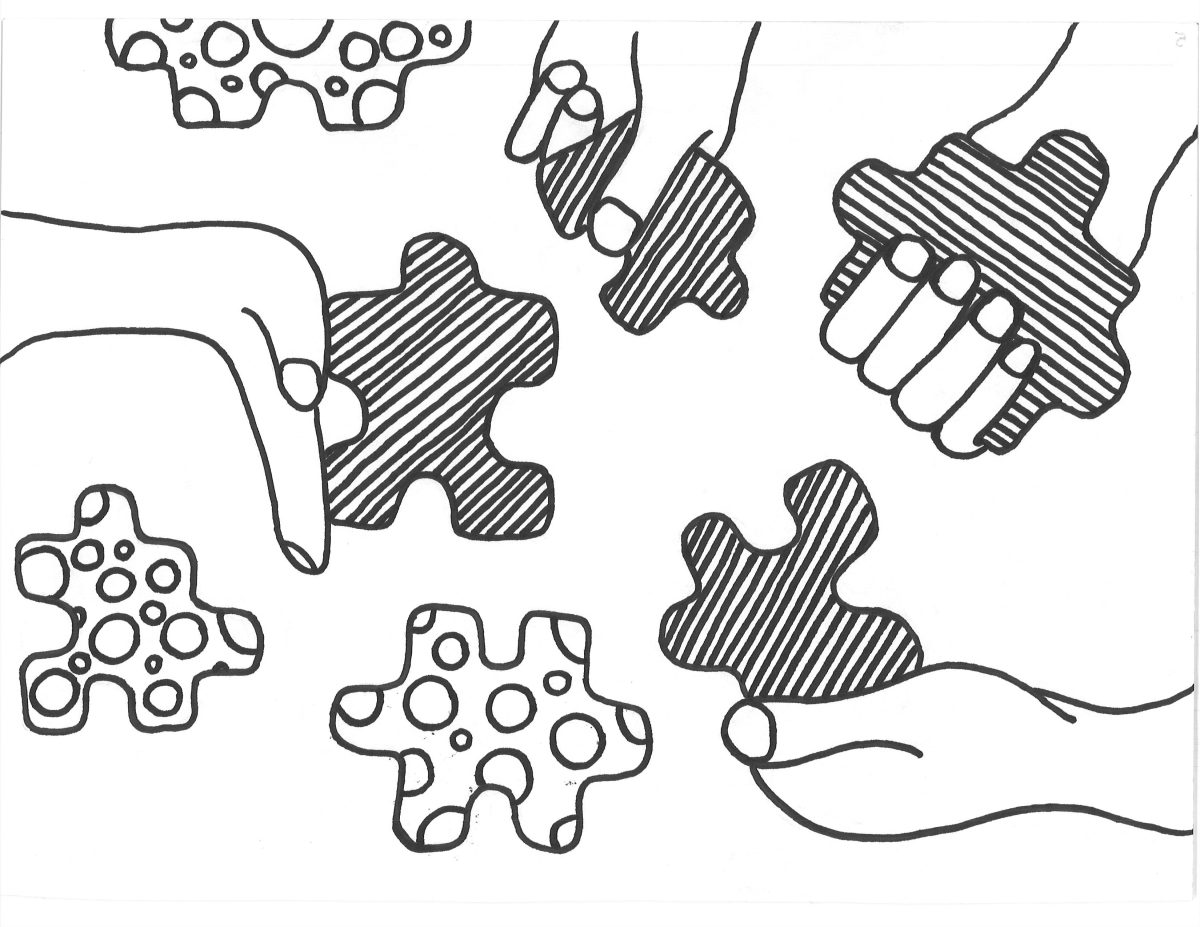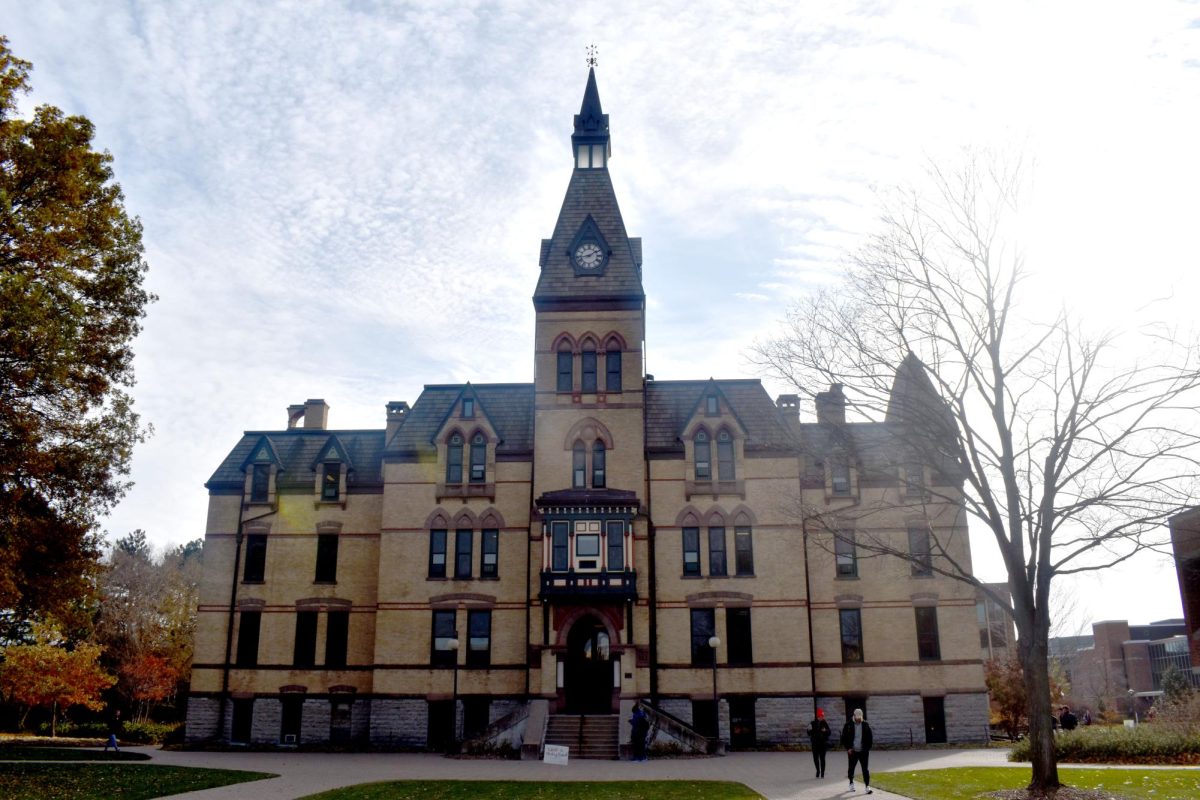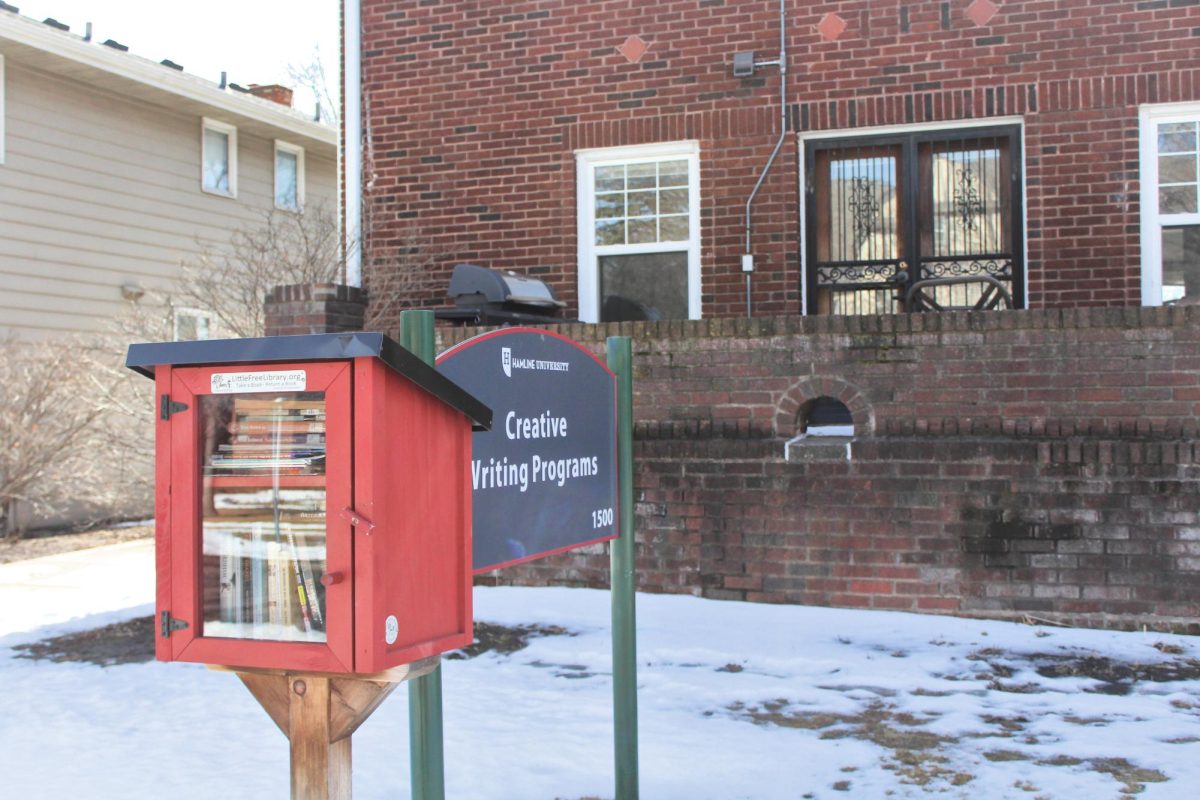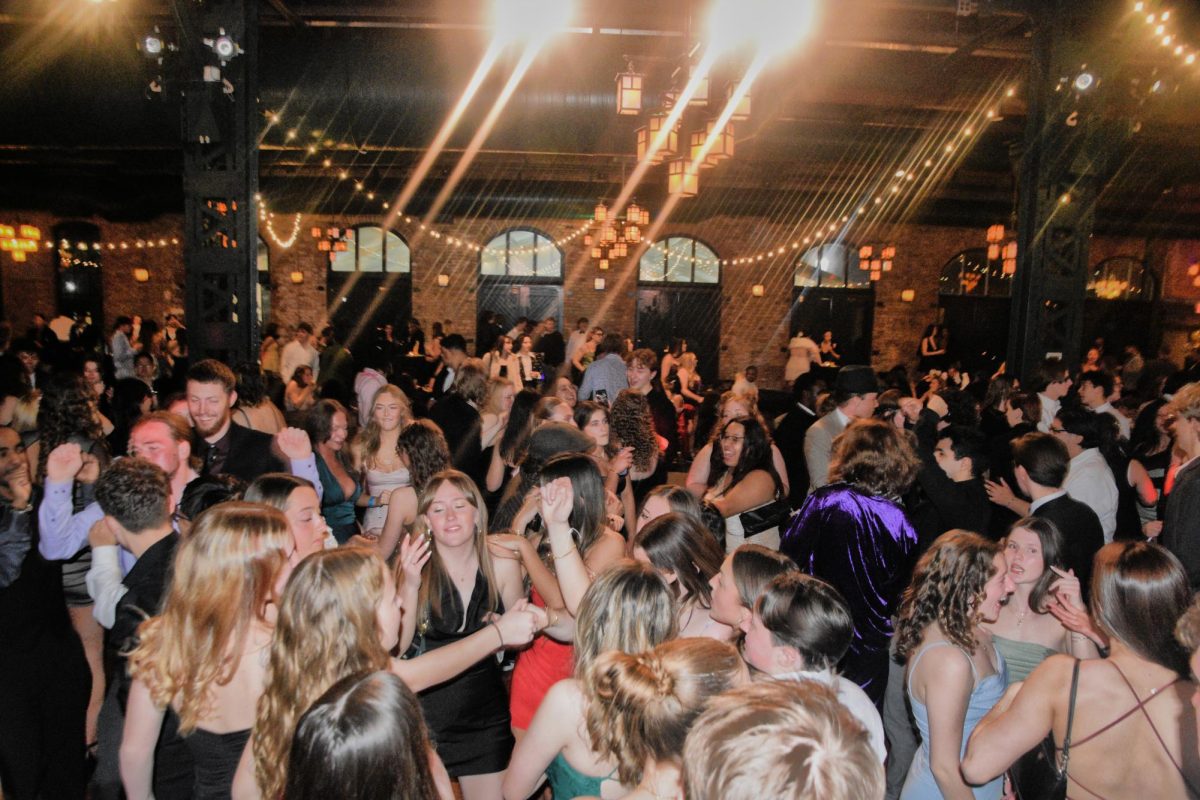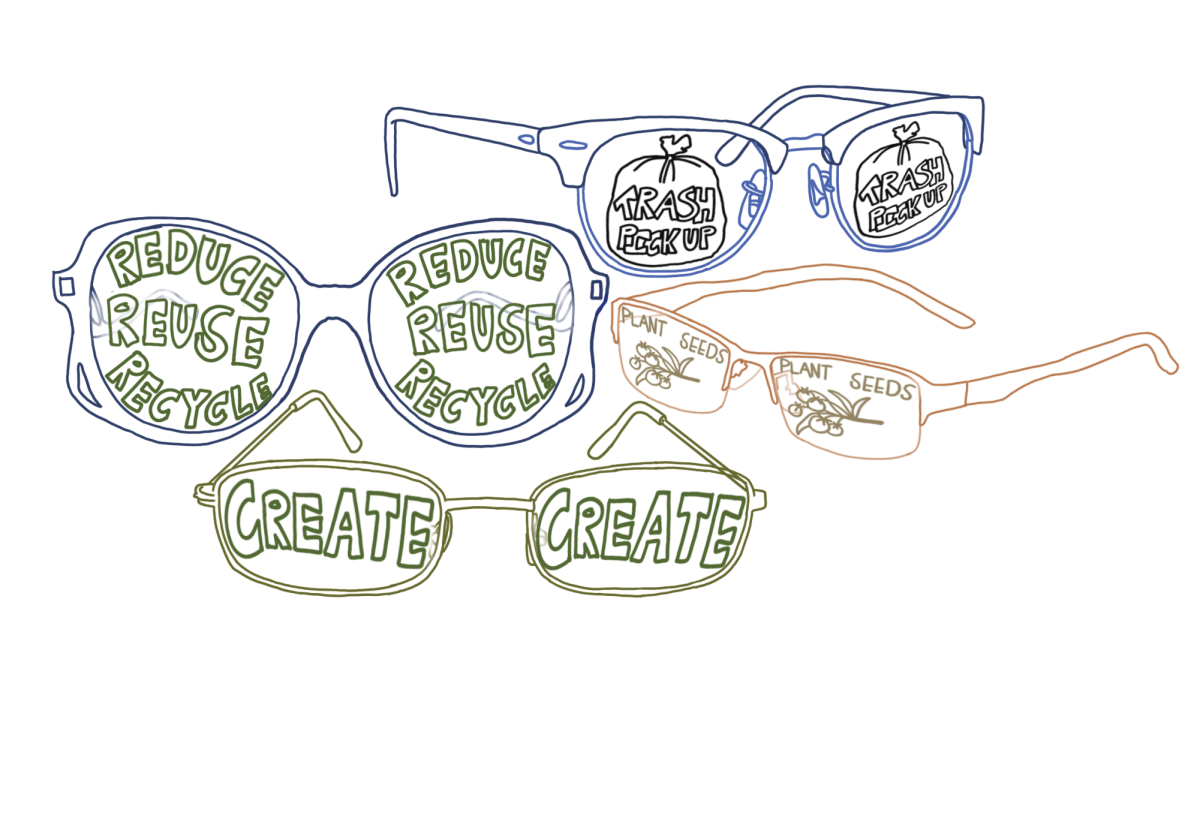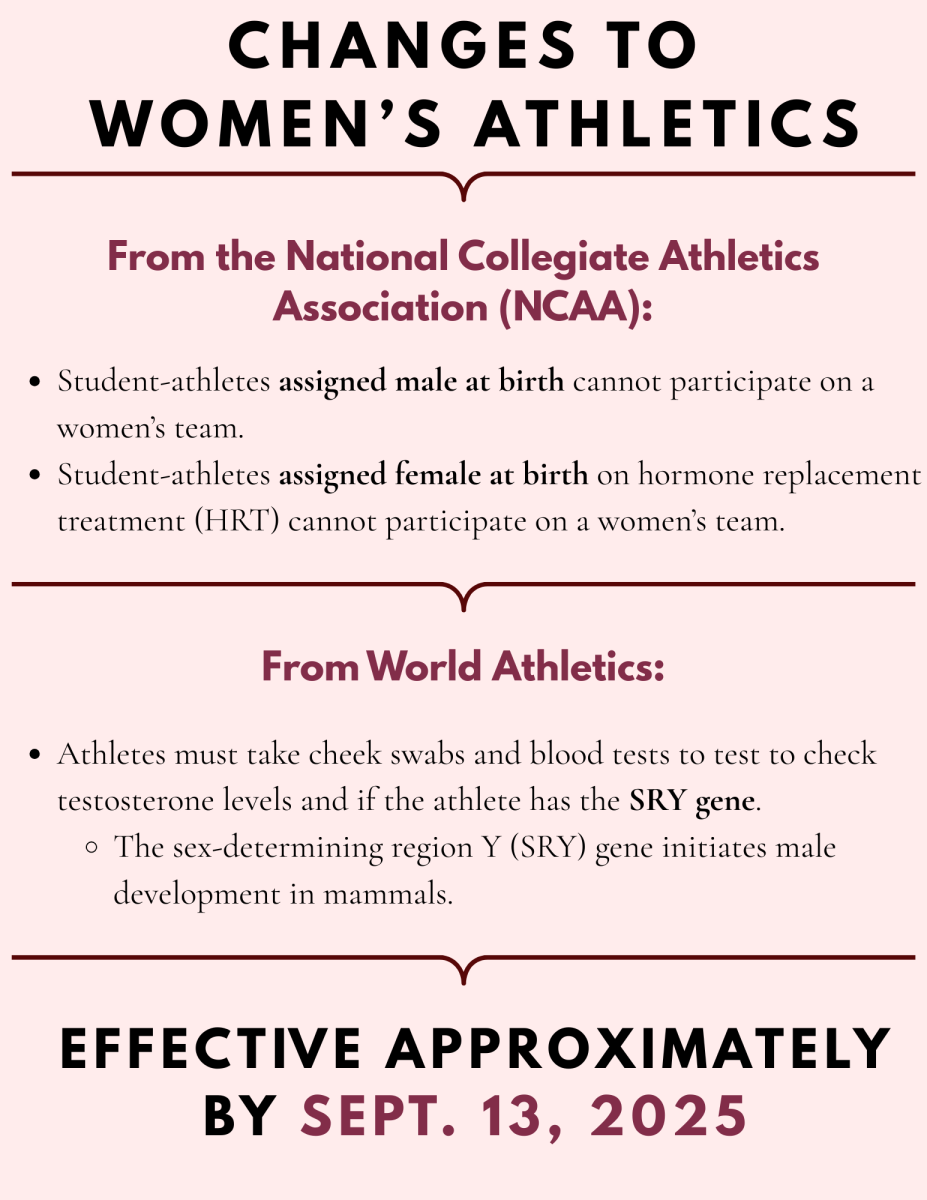The Wesley Center will be hosting a safe place for the Hamline community to speak openly about concerns and work towards mending relationships on campus in the wake of the classroom incident that occurred in the fall of 2022.
Many people across campus have been directly impacted by what happened last year and are still in the healing process of understanding where to go from here. The Respectful Conversation presents itself as the means to hear many viewpoints of what happened and how the Hamline community wants to move forward.
“Back in October last year, there was an incident in a classroom … and it sort of unveiled a bunch of divisions on campus … between where people see each other and between different stakeholders [faculty, staff, students and administration],” Kelly Figueroa Ray, Chaplain and Director of the Wesley Center, said.
Division between groups on campus is not limited to the broad categories of student and staff. Zach Reinsma, a sophomore at Hamline and a member of the design team for the Respectful Conversation, feels that the divide between certain student groups is his reasoning for being a part of the event.
“In the past year, I think Chaplain Kelly [Figueroa Ray] and a lot of us have felt like community on campus has been separated and can be better. One of the main reasons I joined the design team was I felt like there’s a divide between athletes and students who aren’t athletes on campus … I was hoping that this would be able to kind of bridge that gap as well between athletes and non-athletes,” Reinsma said.
The idea of bringing different groups of the community together began before any particular event occurred but the divide created by the incident of last October urged the need for it. Ryan LeCount, associate professor, Chair of the Department of Sociology at Hamline and an active member of the design team for the respectful conversation, provided insight into the decisions made to have this event.
“Of course the very substantial divisions that emerged in our community as a result of conflicts over the Art History class controversy made more urgent and more focused the demand for the event. When we convened as a group, it was, of course, these events and the resulting divisions in our community that were very much on our minds as we got to work,” LeCount wrote via email.
The Respectful Conversations Project was invited by the Wesley Center to see if they would be the right fit for Hamline’s goals. According to the Minnesota Council of Churches’ Respectful Conversations Project’s website, this group works with congregations, educational institutions and community groups across Minnesota in order to work through disagreements and reach a point of understanding in a safe environment. They have hosted over 100 of these conversations in the past 11 years and are now visiting Hamline to initiate healing discussion.
Figueroa-Ray established this event to begin conversations between different stakeholders at Hamline.
“[I wanted] people to be able to have a place where they can feel safe in terms of confidentiality but also feel like they could share their own perspective in a way that other people from different stakeholder groups could hear,” Figueroa Ray said.
A discussion in this style is to ensure people are able to express their viewpoints without the apprehension some Hamline members face when bringing up some of these issues.
“What I found is there’s so much fear across campus in all the stakeholder groups … Faculty are afraid of being reported, students are afraid of being graded down and staff are afraid of being fired,” Figueroa-Ray said.
Reinsma emphasizes the importance of having these tricky conversations in a regulated environment to ensure everyone feels safe and welcome to speak their mind.
“One of the things I want to see is just for students and staff to be able to mend the relationship that I think was hurt last year with some of the things that went on. And also for us to all just be in the same room and be in a controlled space. I think when we have hard conversations, when it’s not in a controlled environment it can get out of hand really quickly,” Reinsma said.
LeCount shares the common goal of mending relationships but also emphasizes that there will be more work to be done to ensure we are building a strong, long-lasting relationship between groups.
“My hope is that it is not experienced as an event at all, but rather as the beginning of a process. The work that needs to be done must be built on real empathy (from and for everyone) and it must be a long-term commitment, not an expectation to be transactional. My hope personally is to learn something from the experience and to hear voices and perspectives with depth, clarity and texture that I’ve not yet had the chance to connect with in this way,” LeCount wrote in an email.
Figueroa-Ray includes that their goal for attendance is 100 participants across all stakeholder groups. The format of the event will be focused on having many small group discussions where there will be members from each stakeholder group present to ensure many viewpoints are shared and discussed.
“We’re trying to get 100 people … maybe fifty students will be great so then the rest can be divided among the others. We need more people to apply to actually be a part of the conversation,” Figueroa-Ray said.
Figueroa-Ray asks that members of all groups at Hamline apply to be a part of the event before the morning of Nov. 10. The event will be taking place on Nov. 13.
Piecing together Hamline’s community
Cal Athmann, News Reporter
November 8, 2023
Categories:
Story continues below advertisement
0
More to Discover


